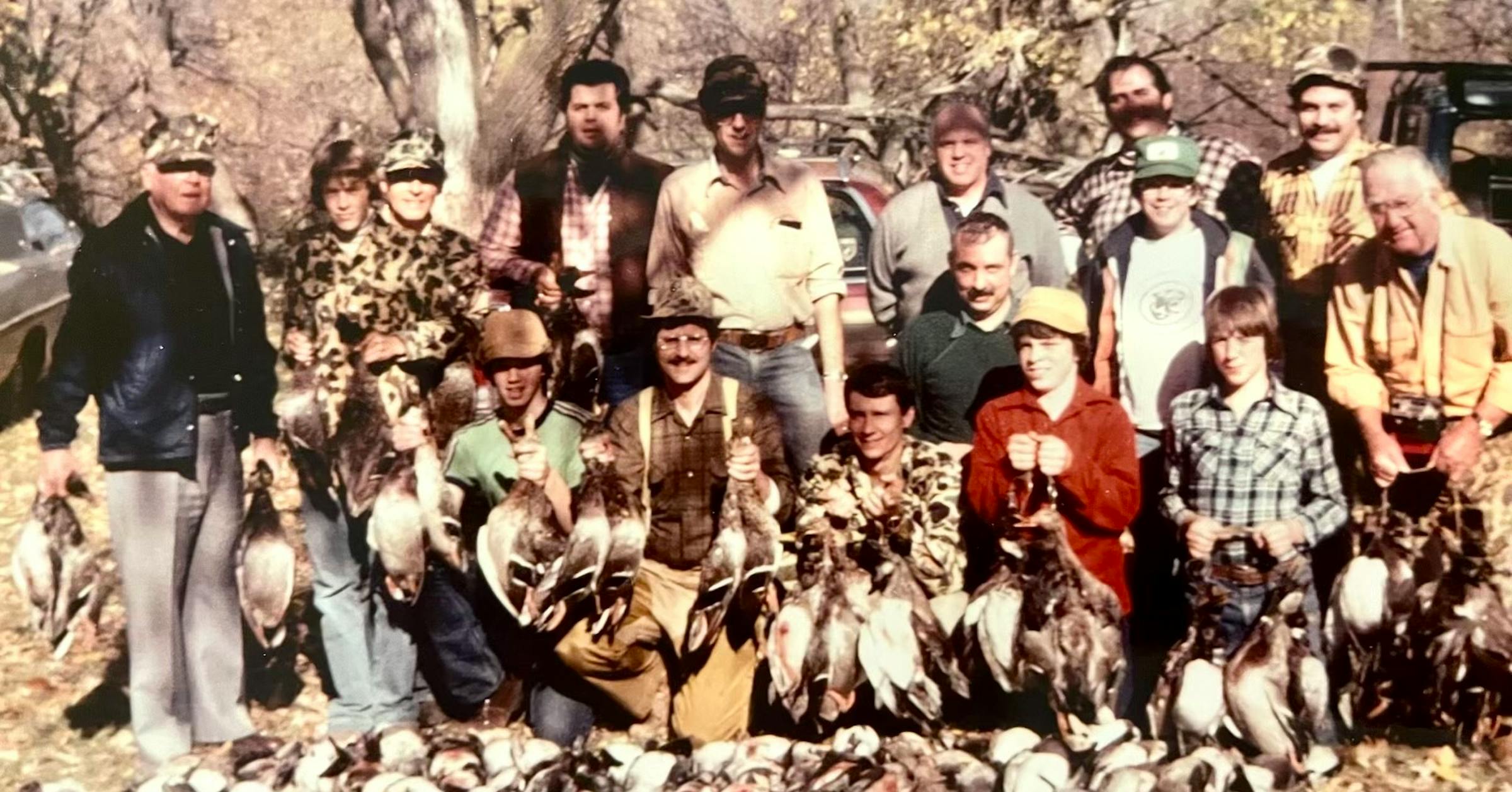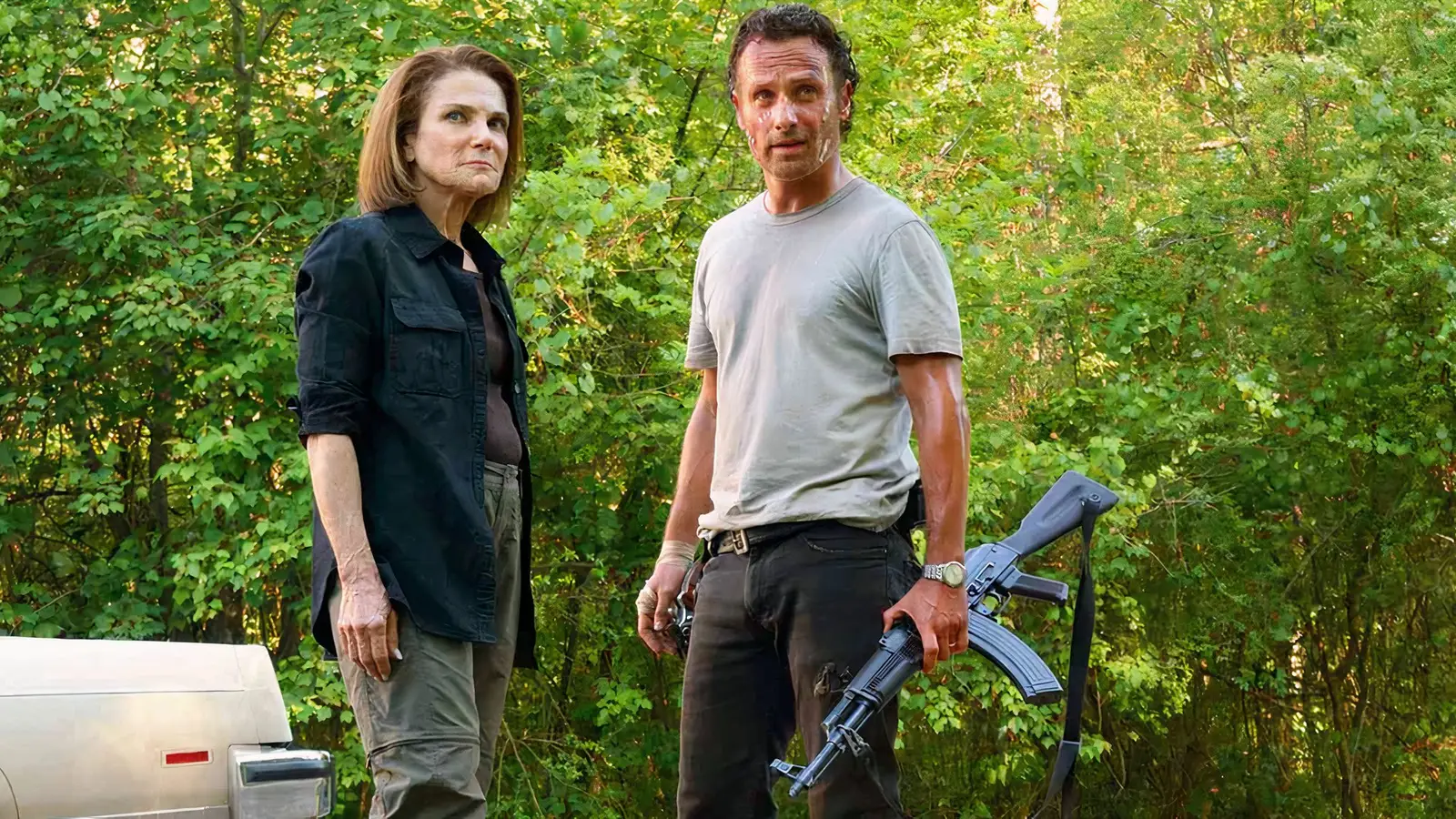
A lot of ducks have come and gone since the mid-1940s, and hunters, too. But the Fosston Ritz Duck Camp has survived. This weekend, when the ramshackle northwest Minnesota establishment swings open its doors one more time, celebrating its 80th anniversary, 10 or so waterfowlers will pile in with waders and dogs in tow — that and memories of big hunts now past.
Now 80 years young, Cochran was just 12 when he and his dad joined the Fosston Ritz in 1957. The camp had been started by Bill Fagan Sr. of Hibbing who, like Cochran’s dad, was in heavy equipment sales.
“But my grandmother owned property in Alberta, where my dad also hunted ducks,” Cochran said. “Dad told me if I wanted to play football, we’d stay in Duluth, where we lived, for the games on Friday night, after which we’d drive four or five hours to the duck camp for the weekend. But if I played football, he said, I couldn’t go to Alberta with him to hunt ducks. So I quit football.”
The founding headquarters of the Fosston Ritz was an abandoned farmhouse that doubled as a mouse hotel. The outfit’s half-dozen or so members, along with their guests, slept upstairs. To survive possible fires, they hung ropes from the leaky windows.
Hunted over potholes that surrounded the shack, ring-necked ducks, along with bluebills and mallards were the club’s primary attractions. Targeting these, young Cochran shouldered a 20-gauge Winchester Model 12 his dad had presented him, and the two shot alongside their black Labrador, Duke.
The Fosston Ritz was among Minnesota duck camps that flourished after World War II. Dating in the state to the late 1800s, these seasonal outposts were the province, initially, of the well-heeled, including St. Paul railroad titan James J. Hill and his son, Louis. Both had custom-made rail cars that toted them and their buddies to Heron Lake in southwest Minnesota and to Lake Christina in west-central Minnesota — migratory stopovers at the time for hundreds of thousands of canvasback ducks.
By 1957, when Cochran’s dad, Bill, was invited to join the Fosston Ritz, tens of thousands of Minnesota waterfowlers of ordinary means could afford to establish duck camps, and to travel to hunt. At the time, ducks were plentiful, with Minnesota’s bluebill harvest in those years topping 100,000.
“For me, when I was a kid, during the week before the opener there was always a lot of anticipation,” Cochran said. “It continued that way while I was a student at UMD. By then my parents had a cabin on a lake just north of Duluth, and my buddy and I stayed there and hunted ducks every morning before class. My freshman year I hunted 39 out of the season’s 40 days.”
“Then one year we agreed that the second weekend of the season is usually a bust in terms of the number of ducks we saw, so why not let the kids come?” Cochran said. “Soon after that, wives came, too. I think my wife, Barbara, has been coming to camp since about 1965.”
Five of the half-dozen or so members of the Fosston Ritz today are grandsons of original members, a source of pride. Cochran’s son, Paul, is also a member, and has a string of 41 consecutive openers at the camp to his credit.
“In my 68 years of being a member, I’ve only missed one opener,” the elder Cochran said. “I worked in human resources for Control Data for 36 years, and one year we were doing an acquisition in Europe, and I just couldn’t make it home.”
So it will be Friday evening, when lights in the old farmhouse flicker one more time, that members and guests of the Fosston Ritz gather for a pre-opener dinner. They will remember camp members and others who have passed on, or who are no longer well enough to attend.
“What’s most important to us about the opener,” Cochran said, ”is getting onto the land around our camp one more time, and seeing the sunrises and sunsets, which are just spectacular. I don’t see the people I hunt with at the camp very often. Then the opener comes and suddenly we’re together.”



